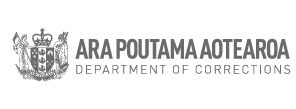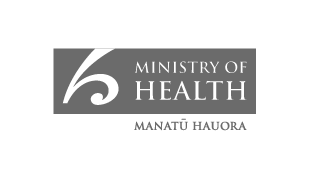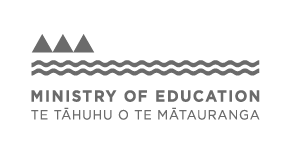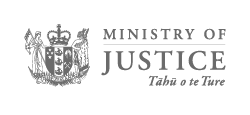The frameworks are the first step in delivering Te Aorerekura – the National Strategy and Action Plan to Eliminate Family Violence and Sexual Violence. They are the first in a set of tools to help us achieve Shift 3: Towards skilled, culturally competent and sustainable workforces.
The frameworks reflect the enormous contribution made by the specialist family violence and sexual violence sectors to the safety, autonomy and wellbeing of tangata whenua and tauiwi, whānau and families, and diverse communities in Aotearoa New Zealand. They were developed collaboratively by people who work in the specialist sector including tangata whenua, and representatives of victim-survivors and diverse communities, and government.
The Joint Venture agencies will begin implementing the frameworks across their workforces.
Collectively, these frameworks build on the 2017 Family Violence, Sexual Violence and Violence Within Whānau Workforce Capability Framework(external link) (Ministry of Justice). They help organisations and workforces assess whether they can safely respond, strengthen and support healing, prevent further violence and enable the wellbeing of people impacted by family violence.
These family violence capability frameworks support organisations and workers to respond to family violence in Aotearoa New Zealand.
These frameworks provide information that offers a shared understanding of family violence and sets standards and essential knowledge to guide and support people and organisations to respond to family violence in safe and effective ways:
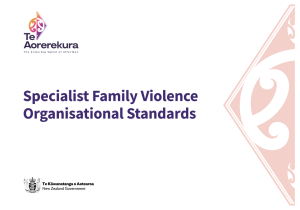 |
Specialist Family Violence Organisational Standards (SOS) [PDF, 4.2 MB] – this framework focuses on what an organisation needs to deliver specialist family violence services. |
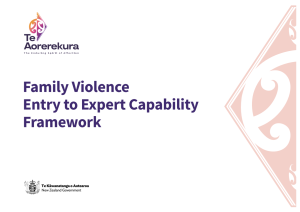 |
Family Violence Entry to Expert Capability Framework (E2E) [PDF, 3.4 MB] – this framework focuses on the skills and knowledge people need to respond and work effectively with people impacted by family violence and/or who use violence. |
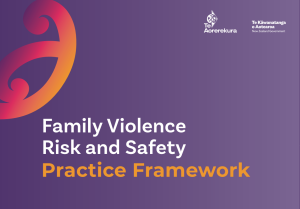 |
Family Violence Risk and Safety Practice Framework (RSPF) [PDF, 930 KB] – this framework builds on the significant work previously completed and acknowledges the need to strengthen the capabilities of organisations and workers. Risk and Safety Practice Framework BW print version [PDF, 531 KB] Risk and Safety Practice Framework colour print version [PDF, 563 KB] |
Any organisation can immediately begin applying these frameworks. Below are general descriptions of generalist and specialist workforces. These descriptions give examples for who would find these frameworks useful and are not exclusive.
If you have any questions or feedback on these frameworks or suggestions about how we can support people and organisations to use them, please contact us at workforce@tepunaaonui.govt.nz.
Last modified:
